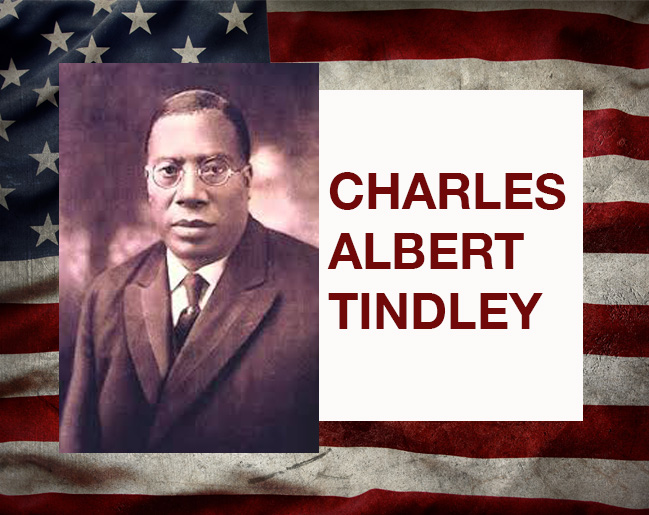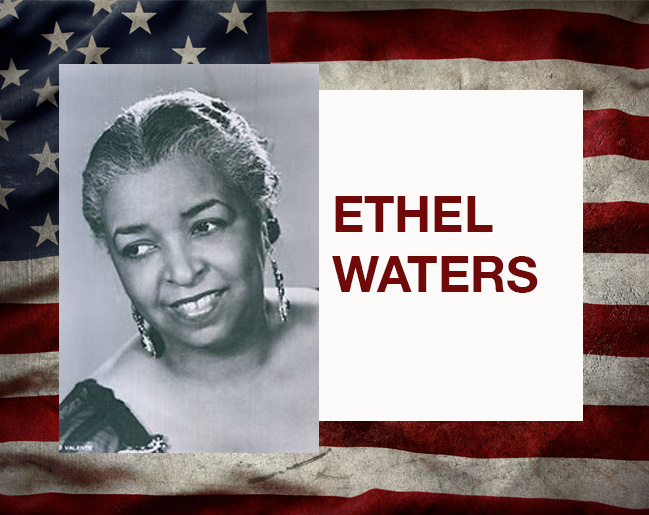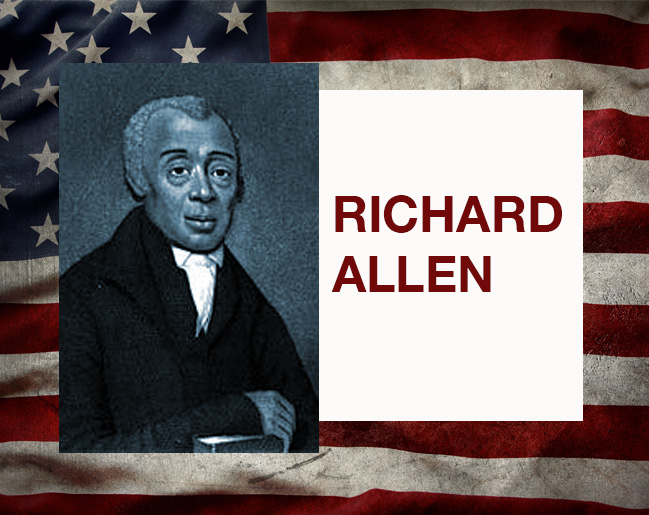CCA & Black History Month 2020
What is now known as Black History month was a seed planted in the doctoral thesis of Mr. Carter G. Woodson. The son of former slaves, Woodson received a Ph.D. in 1912 from Harvard University. At Harvard, Mr. Woodson studied under the renowned historians of his day, who minimized the importance and vitality of black history. Woodson had a passion, which he pursued with tenacious persistence, the passion was black America’s claim as co-authors of U.S. history-Black history is America’s history.
Woodson passionately believed that the awareness and appreciation of a people’s history was a prerequisite to equality. Woodson called the commemoration he originated in 1926, Negro History Week, aligning it with the birthdays of Abraham Lincoln and Frederick Douglass. He wrote, “If a race has no history, if it has no worthwhile tradition, it becomes a negligible factor in the thought of the world.” In other words, no amount of policy or legislation can grant you equality if a nation doesn’t value you. This was a paradigm shift, the documenting and sharing of the black experience-what people in the black community were doing and thinking themselves, and not merely what was being done to them or for them.
94 years after Woodson perception paradigm shift, CCA celebrates Black History Month 2020. We will showcase the humanity of African Americans-their intellect, resilience, creativity and dignity. We’ll learn about, appreciate and celebrate:
- Chapel to present a few of the many “local African American heroes and heroines of our common faith (Allen, Waters, Tindley)
- Weekly unveiling Philly area African American history makers from Colonial Philly to the present day.
- Honoring various African American STEM history makers both past and present, who should be routinely recognized for their achievements.
Our celebration is a step moving forward, one of many, until the influences, experiences, and achievements of people of African descent, our fellow Americans are strategically woven into textbooks and curriculum. The narratives of these people are integral to the American story. We want to ensure our students know African Americans co-authored our American history, as they helped build-literally and figuratively-the social, political and economic structures of our great nation.






